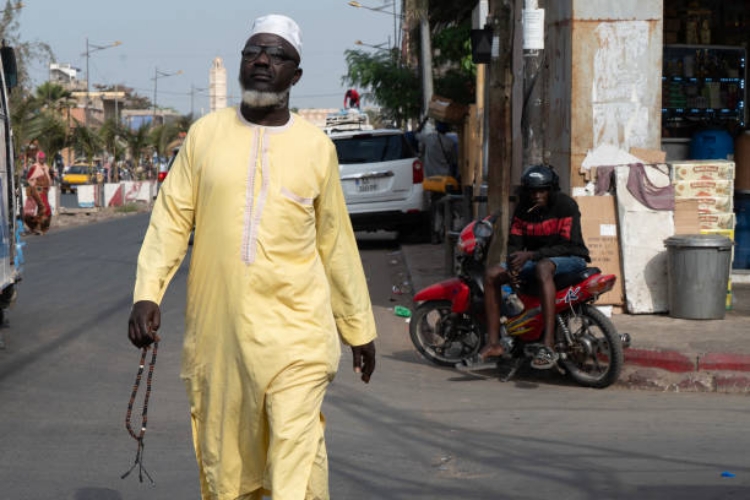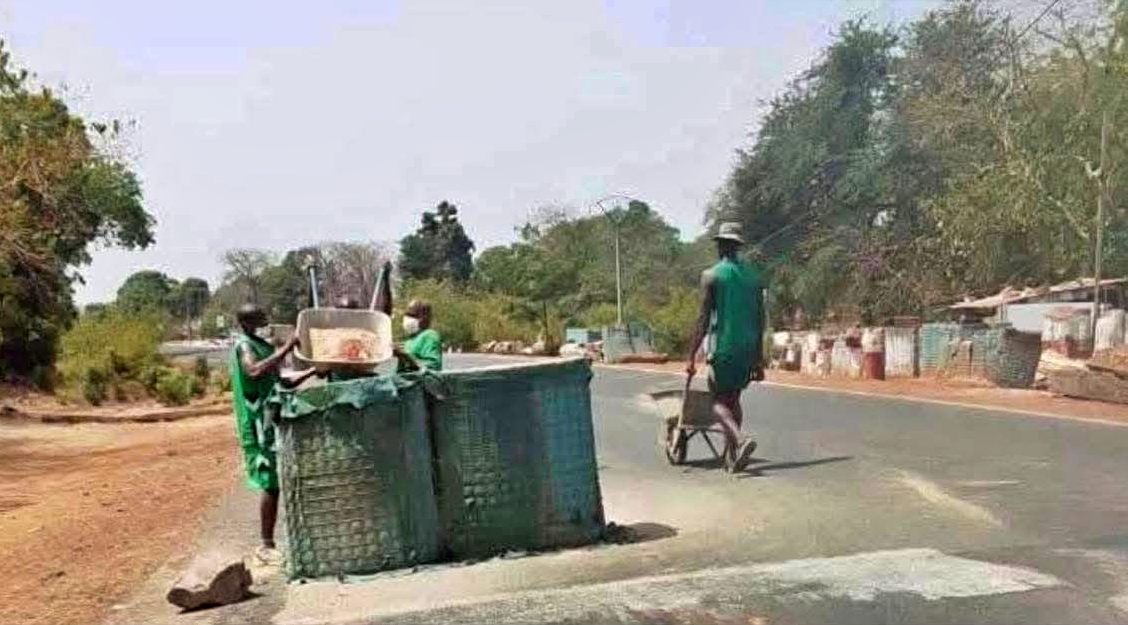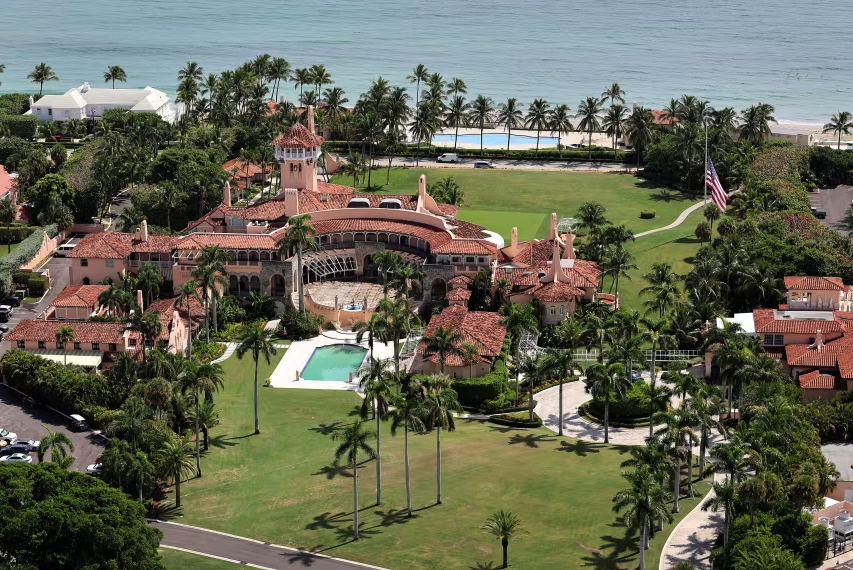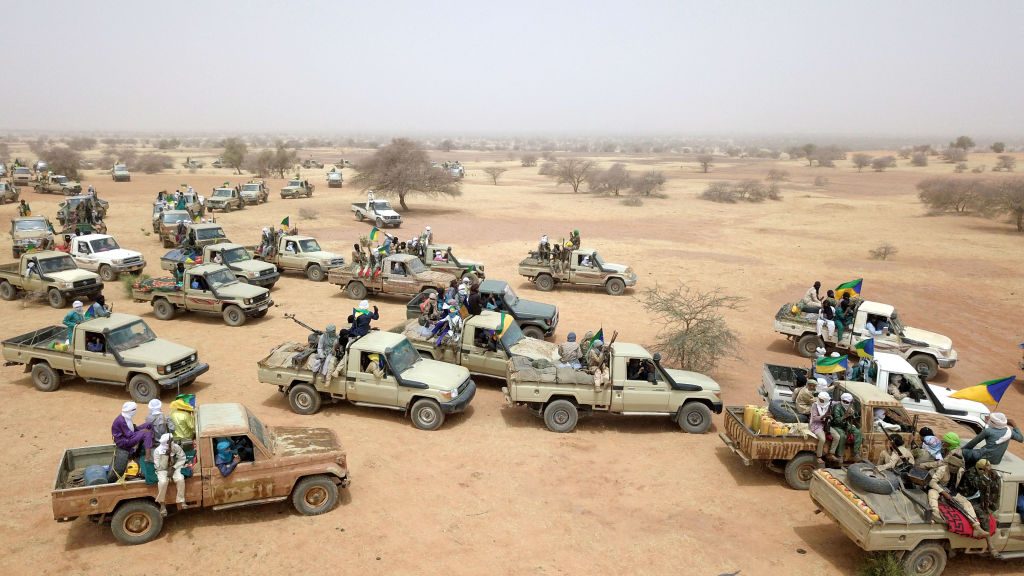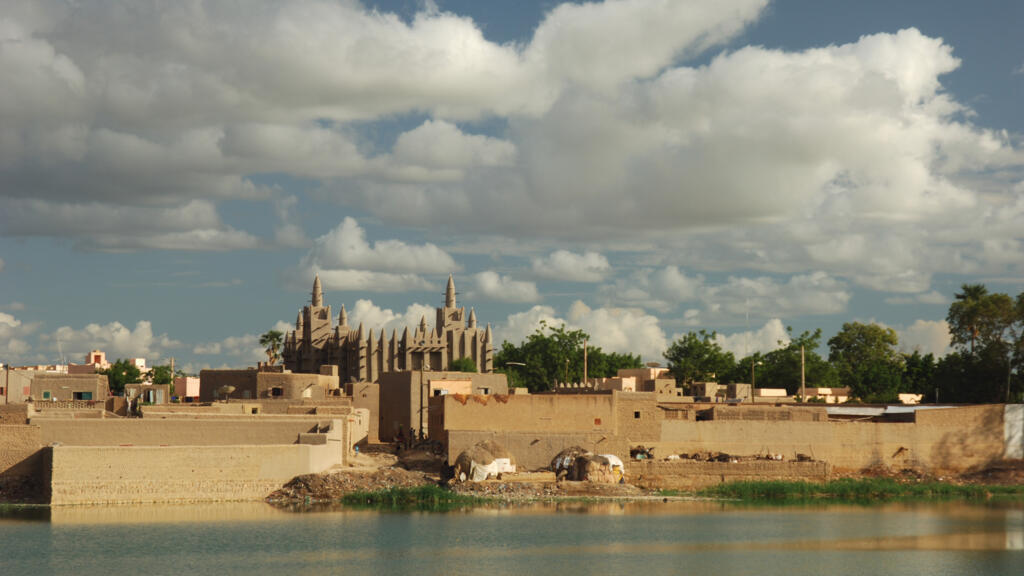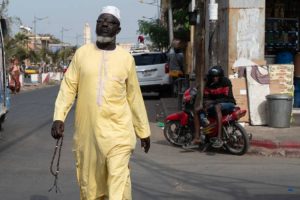Gambiaj.com – (MOPTI, Mali) – Residents of Mopti, one of Mali’s largest cities with more than 560,000 inhabitants, have now gone an entire month without electricity as the country grapples with a worsening fuel shortage triggered by a blockade imposed by jihadist militants.
The crisis follows the embargo announced in early September 2025 by Jama’at Nusrat al-Islam wal-Muslimin (JNIM), an al-Qaeda-linked group that has been attacking fuel convoys and cutting off key supply routes.
What began as frequent power cuts has escalated into a complete shutdown in several regions. In Mopti, fuel reserves have been depleted, leaving generators idle and gasoline unavailable. Hospitals are surviving only through small solar installations, while residents struggle to recharge phones and power basic household needs.
The blockade has become one of the most severe demonstrations yet of JNIM’s evolving strategy. The group, which has been active for more than a decade, has shifted from hit-and-run attacks to methods designed to undermine economic life and pressure the state.
By targeting tanker trucks and blocking major roads linking Mali to Senegal and Côte d’Ivoire, the group has effectively choked off vital trade routes.
This tactic is having broad humanitarian consequences. Schools and universities across Mali recently suspended classes due to the fuel shortage. Markets have slowed, transportation has halted, and entire communities have been cut off from basic supplies.
When the military seized power in 2020, junta leader General Assimi Goita vowed to restore security and defeat jihadist groups. But despite increased military spending and foreign partnerships, including coordination with the Russian Africa Corps (formerly Wagner), violence has continued to escalate.
Civilian deaths rose by 38% in 2023, according to Armed Conflict Location and Event Data, while Human Rights Watch documented 326 attacks on civilians between January and October 2024 alone.
Analysts say geography and governance are central to the state’s challenge. JNIM fighters, highly mobile on motorcycles, navigate remote bush paths and forests with ease, while army units remain concentrated in urban areas and struggle to move quickly over difficult terrain. Decades of weak state presence in rural areas have further undermined intelligence gathering and community trust.
The blockade marks a new phase in Mali’s long-running conflict, extending jihadist influence from northern and central regions into the south, closer to the capital, Bamako.
In September 2024, JNIM attacked Bamako International Airport and a nearby military base—signaling its growing operational reach.
Security specialists warn that the current crisis shows that the conflict can no longer be understood solely as a battlefield confrontation. Instead, the insurgency now combines psychological pressure, economic disruption, and efforts to erode civilian faith in the state’s ability to govern.
To resolve the crisis, analysts argue that military force alone will not be sufficient. They say Mali must rebuild local governance networks, restore public trust, and cooperate closely with neighboring countries to secure key transit corridors. Without those shifts, they warn, the blockade—and the darkness now engulfing cities like Mopti—may become the new normal.



